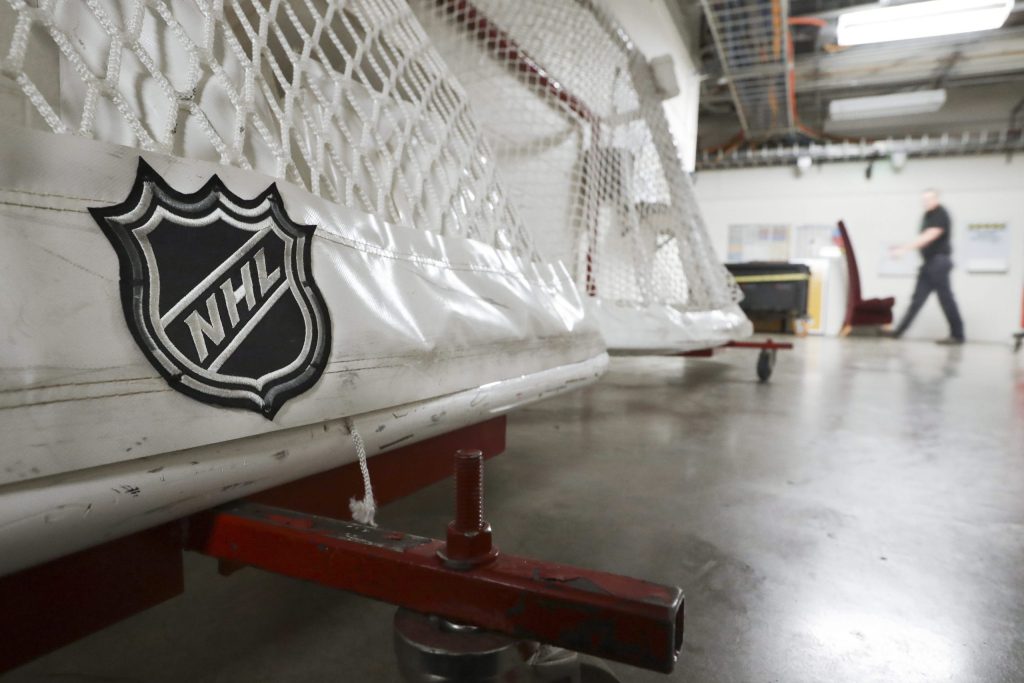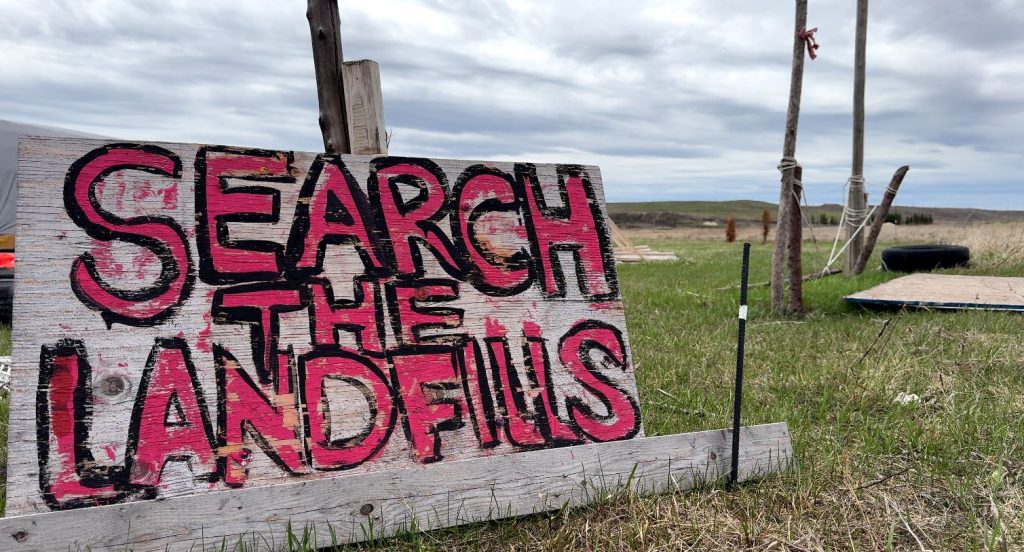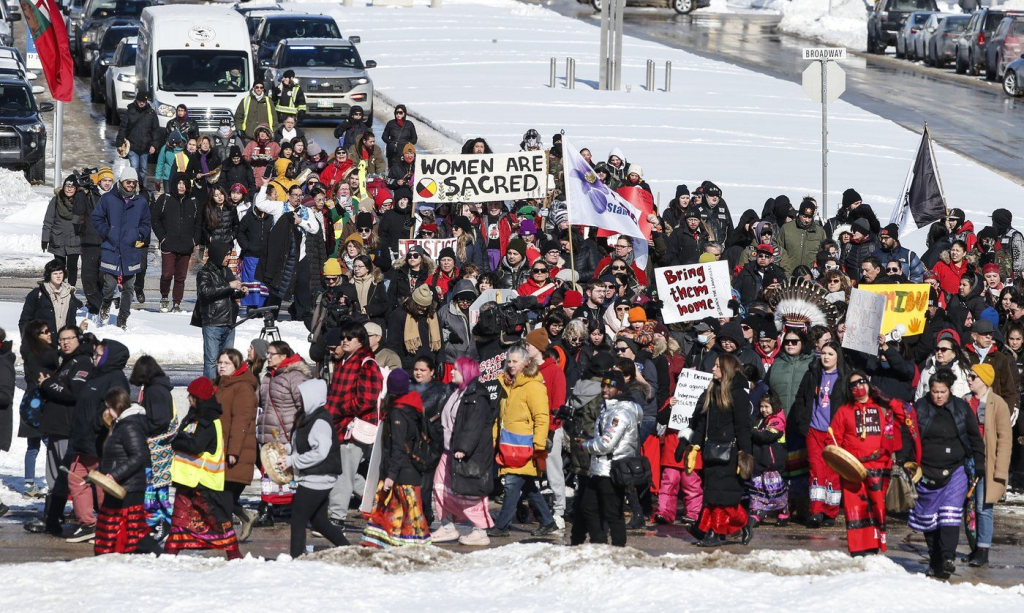NHL tough guys die 10 years younger than their fellow players, study finds

Posted May 10, 2023 1:59 pm.
A study of former NHL players shows that enforcers who spent a lot of time dropping their gloves or in the penalty box lived significantly shorter lives than their peers.
Researchers at Columbia University in New York reached the conclusion after analyzing data from more than 6,000 players from 1967 to last spring.
The study was published Wednesday in the journal “JAMA Network Open.”
It found that enforcers died on average a decade younger than comparable peers who were drafted at the same rank, were of similar height and weight, and played the same position.
The researchers did not find more deaths among the NHL enforcers than in the control group.
But they say that being an enforcer was associated with dying approximately 10 years earlier.
“Furthermore, when we analyzed the cause of death, we observed that enforcers died more frequently of drug overdose and suicide,” the researchers note.
“Despite the similar mortality rates among NHL enforcers and controls, the younger deaths along with the distinctive causes of death among enforcers are troubling in the context of CTE. Chronic traumatic encephalopathy is confirmed at autopsy by the presence of hyperphosphorylated tau in neurons and has been associated with a clinical syndrome manifested by cognitive decline, behavioral changes, and suicidal ideation.”
Researchers say they hope their findings renew discussion on making fighting a game misconduct penalty in the NHL.
The study notes “the NHL stands alone as the sole professional sports league that does not immediately eject players who fight,” adding the MLB, NFL, and NBA all “levy harsh fines and immediate suspensions” for players who fight.
Researchers also point to studies that have “refuted the conventional beliefs surrounding the importance of fighting” in the hockey league.








